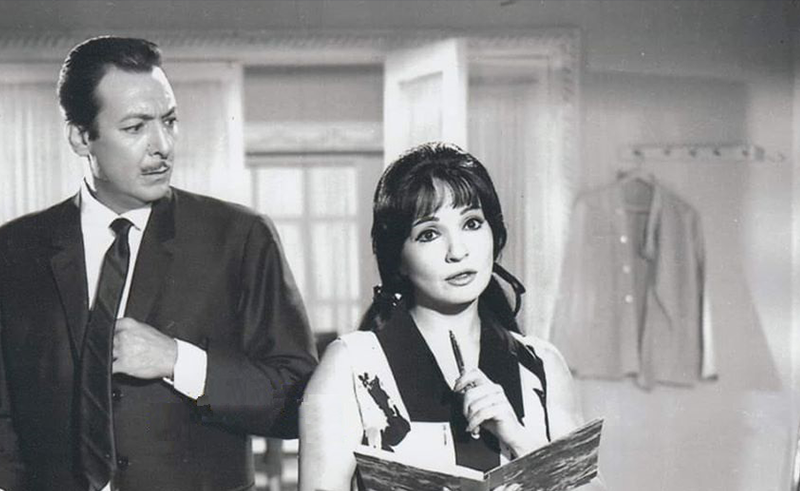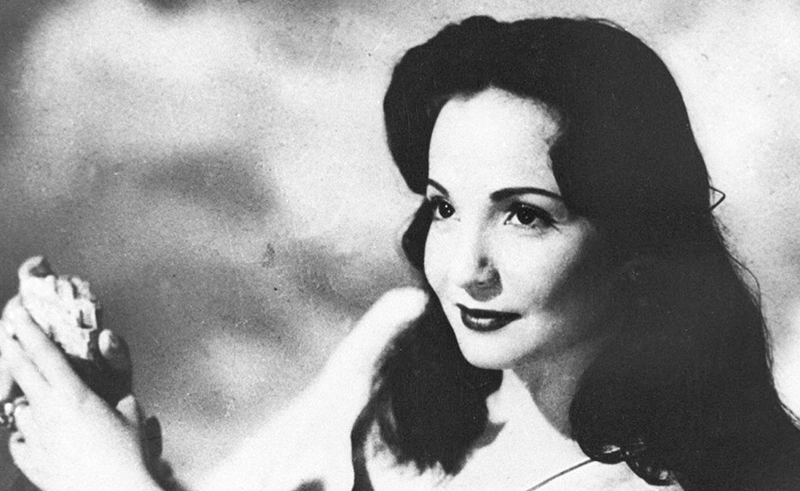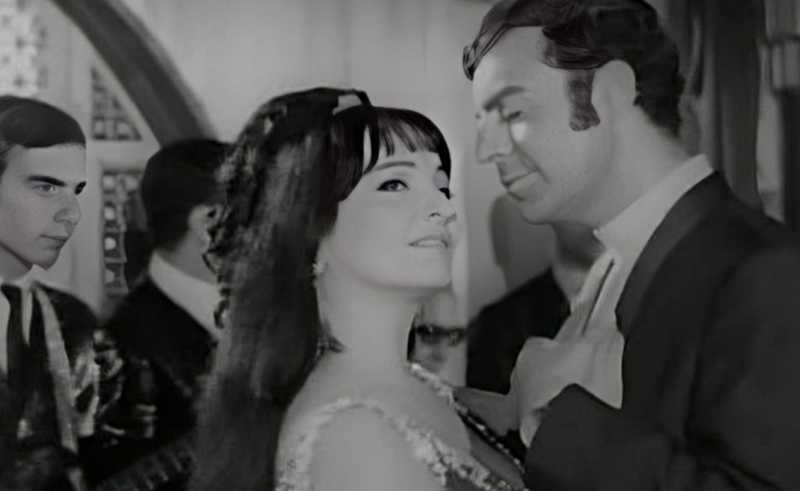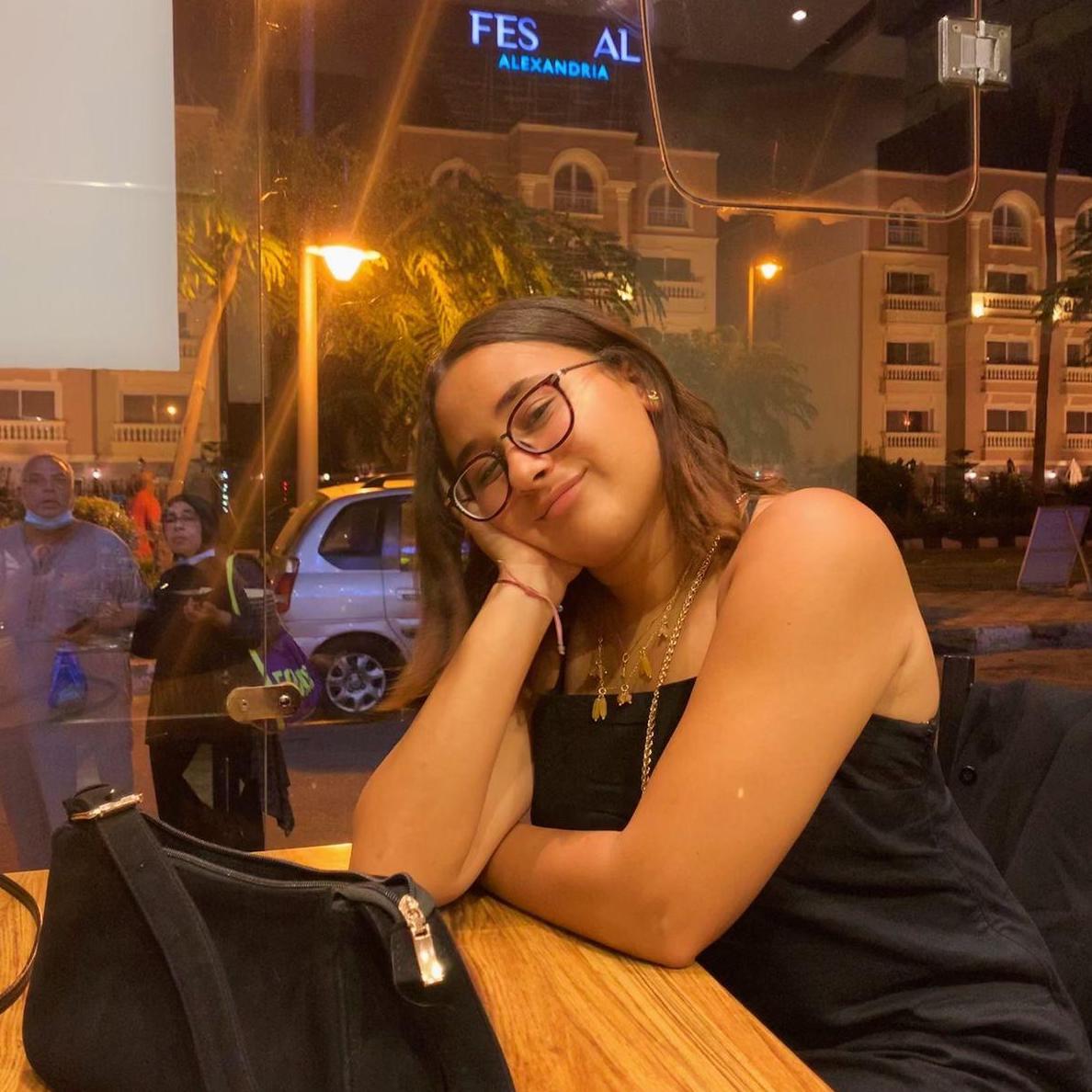‘Ally Kalam’: Looking Back on Shadia’s Devotion Until Delusion
In the movie ‘Nos Sa’a Gawaz’, Shadia represents the average delulu girl.

The question of whether or not love can ever be objective, centred and grounded is one that has been discussed extensively across various forms of media and art. There are countless songs in the music industry that ask questions like, “Am I in love?”, “Is the vulnerability of love going to kill me?” and of course “Is love driving me crazy?”. All are valid questions, that surely we have once asked, but there remains a certain appeal for the people (and artists) who have skipped past the questions and allowed themselves to shamelessly revel in their blissful delusion. The fearless dedication, even if you may view it as stupid, demands its own respect.

In the classic Egyptian rom-com ‘Nos Sa’a Gawaz’, Egyptian star Shadia wears her badge of lovestruck honour proudly. She indulges in delusion without shame, having recognised that in the necessarily delusional world of love, there is no reason to hold back on her whimsicality. Nicknamed ‘Daloo’et El Cinema El Masreya’ by the general public, Shadia wore her adorable flirtatiousness loudly in the 1969 film, unknowingly creating a delusional girl anthem in the process.
In the film, Shadia, as Fatma, is in denial of her feelings for her boss Dr. Hosni, a bigshot dentist who doesn’t settle down. Despite being desired by many of the clinic’s clients, she is uninterested and even annoyed by other men’s advances. One day, Dr. Hosni, played by none other than Rushdi Abaza, comes up with a scheme to convince his then-girlfriend he cannot marry her because of his nonexistent ex-wife, resolving to ask Fatma to act as his ex-wife to fool the woman. To begin the execution of his plan, Dr. Hosni asks Fatma out to lunch.

Like a true maladaptive daydreamer, Fatma is shocked, but secretly flattered, by his advance. He merely asked her out for a business lunch, and yet, as soon as Dr. Hosni left the clinic, Fatma broke into a heartfelt performance about their blossoming love story.
The song is characterised by an upbeat, almost rose-coloured tune, alongside Shadia’s dreamy vocals, with a chorus that reinstates our character’s blissful delusion. Shadia repeats that her crush told her the sweetest of words after which she won’t be able to sleep. At first, the stark difference between what actually happened and Shadia’s perception of it is disorienting, then it’s just funny. When I first saw the film, I felt deeply connected to Fatma; her deceptively optimistic view of a situation and her ability to see it only as she wants to see it is something I’ve been accustomed to creating - and I know many of my friends are as well.
While Dr. Hosni only asked her out for a casual lunch, Shadia creates a story of her own:
"قاللي عنيكي يا حلوة بتسحر
قاللي كلامك شهد مكرر
قال على بعدك عمري ما هقدر
قاللي كلام
أحلى كلام
من بعد ما قاله ما هنام."

At the lunch, Fatma was of course disappointed to discover Dr. Hosni’s true intentions, but (spoiler alert) her delusions turned out to be right in the end. This isn’t a story where we learn to follow in Shadia’s footsteps; it’s just one where the sometimes fantastical scenarios many girls come up with, which are often mocked, are portrayed in a relatable way. I, a girl who exists in a starkly different time and situation than Shadia’s, felt a connection to her in that both of our dreamlike aspirations are not taken seriously. Not to be embarrassingly chronically online but, could Shadia have been the OG delulu girl?
- Previous Article Italian-Palestinian Duo No Input Debuts Eponymous Electro EP
- Next Article Travel Across History on Egypt's Most Iconic Bridges
Trending This Week
-
Apr 18, 2025























